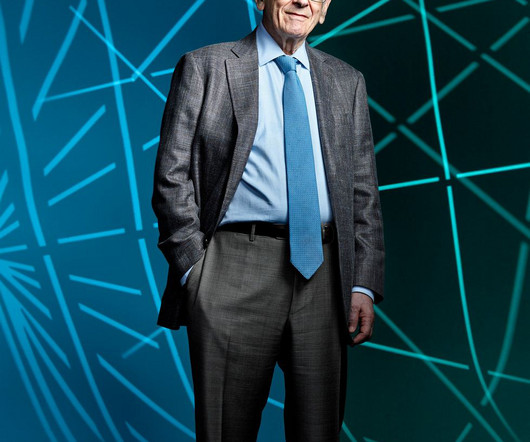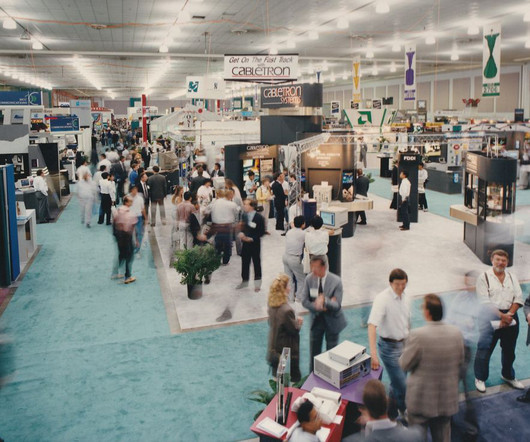UT Arlington licenses technology for portable, modular GTL conversion units; targeting stranded gas
Green Car Congress
JUNE 3, 2011
The University of Texas at Arlington has licensed technology for converting natural gas to synthetic liquid fuels (GTL) in portable units at a cost lower than current market rates to 1 st Resource Group Inc. UT Arlington engineering and science researchers designed a portable conversion unit utilizing their microreactor and process.













Let's personalize your content